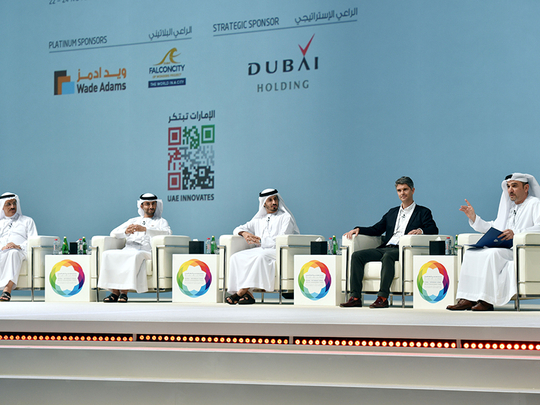
Dubai: The Emirates Mars Mission aims to help develop science and space education in the UAE, and not just to launch a probe to Mars, a senior official working on the mission, said on Monday.
“The outcomes [of the mission] are linked to science, education, technology development and involving the youth ,” said Sarah Amiri, Emirates Mars Mission Deputy Project Manager, Science Lead at the Mohammad Bin Rashid Space Centre (MBRSC), at the Dubai International Project Management Forum on Monday.
Amiri said that the mission aims to build a sustainable outer space exploration programme in the UAE.
“We need to have the scientists, the people that are studying space. We need to also develop engineers and engineering fields that are related to the development of spacecraft,” she said.
On the scientific objectives of the mission, Amiri said that it will look at the atmosphere of Mars and the daily changes it is undergoing.
The UAE will launch the probe to Mars in July 2020, which will reach the planet in December 2021. It will orbit the red planet until at least 2023.
The probe will be a compact spacecraft the size and weight of a small car. It will send back more than 1,000 gigabytes of data to be analysed by researchers in the UAE, and shared with more than 200 institutions worldwide.
MBRSC is working with the UAE Space Agency on the Mars Mission.
The project will be funded mostly by the agency and the rest by the government, Khalifa Al Rumaithi, its chairman, told Gulf News earlier this month. He expects the agency to announce the launch site of the Mars Mission next year. He said that the site will likely be in Europe, Japan or the United States, where the agency is in talks with authorities.
The UAE has already invested more than Dh20 billion in space technologies.
The country has previously sent four satellites into space and plans to launch another one, KhalifaSat, in 2018.
Al Rumaithi said the agency is working on introducing a policy to regulate the space sector and a UAE space law, adding that it will “raise these to the government by January [2016]”.











